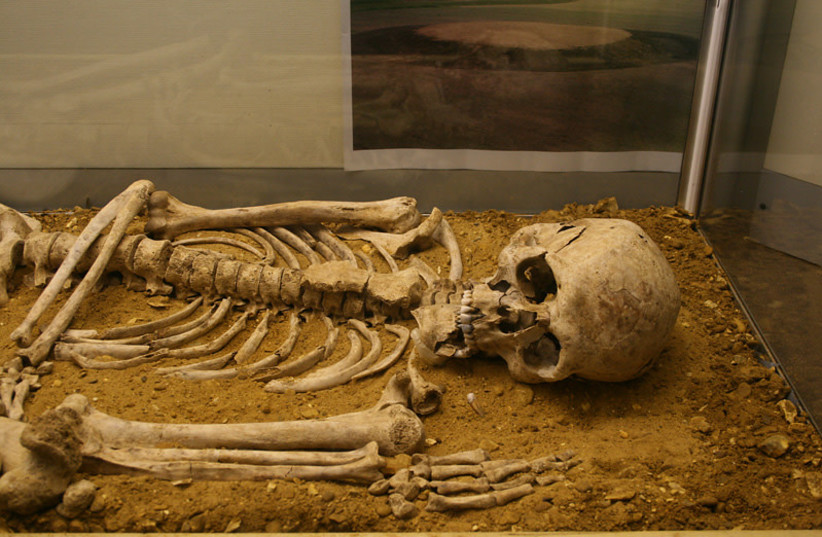Skeletal remains of a female aristocrat from the Roman empire have been unearthed in Yorkshire, United Kingdom.
The aristocratic woman was identified as high-status by the burial style of her lead coffin and the various pieces of expensive jewelry that were buried with her.
The remains were found in a cemetery that dates back 1600 years. Her bones were uncovered alongside those of 62 others including 23 children. The other remains found are from both the Roman empire and the early Saxon period. Some of the graves are thought to contain signs of early Christian beliefs.
Archaeologists described the find as a "once in a lifetime."
“This has the potential to be a find of massive significance for what we understand about the development of ancient Britain and Yorkshire,” said David Hunter, the lead archaeologist with West Yorkshire Joint Services.

“The presence of two communities using the same burial site is highly unusual and whether their use of this graveyard overlapped or not will determine just how significant the find is. When seen together the burials indicate the complexity and precariousness of life during what was a dynamic period in Yorkshire’s history. The lead coffin itself is extremely rare, so this has been a truly extraordinary dig.”
Archaeological research
Plans are being made to carbon date the remains. A variety of other chemical tests will also be done to understand how she lived, what she ate and details of her ancestry.
"Archaeologists hope this means the site can help them chart the largely undocumented and hugely important transition between the fall of the Roman Empire in around 400AD and the establishment of the famed Anglo-Saxon kingdoms which followed," said Leeds City Council in a press release.
